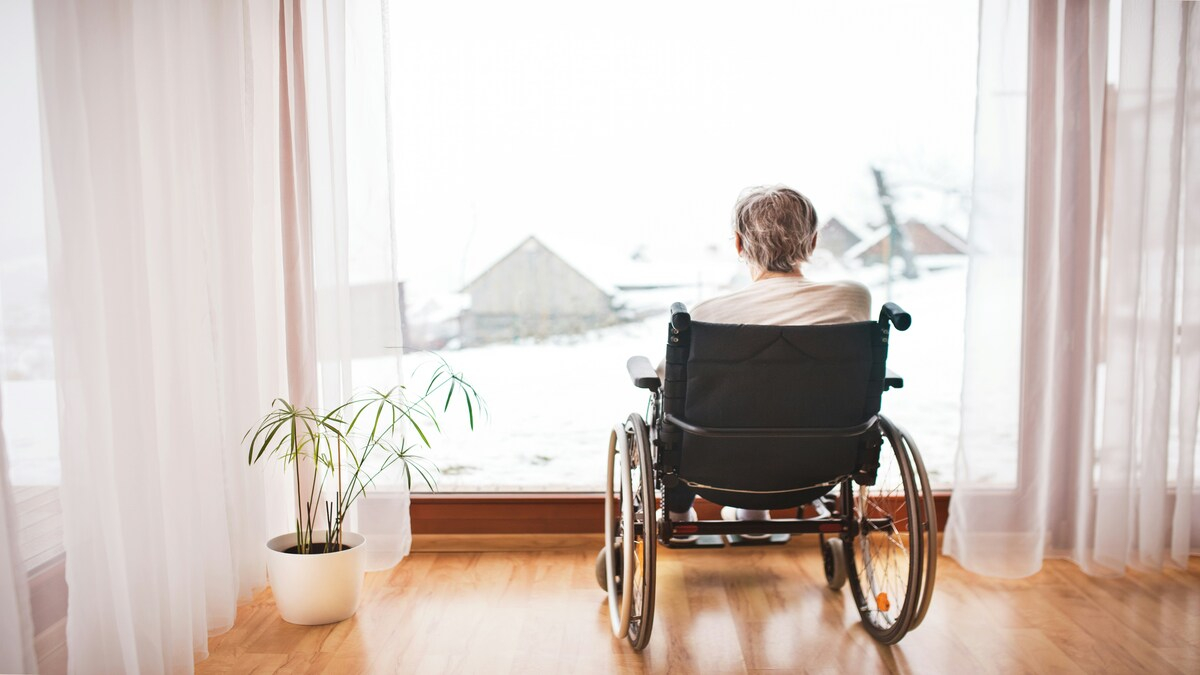Dementia care can place a significant financial burden on families, but for US veterans, the Department of Veterans Affairs (VA) offers various support programs tailored to address the complexities of dementia and Alzheimer’s care. Having an understanding of VA benefits, eligibility requirements, and the types of assistance available is essential for veterans and their families navigating this journey.
VA coverage for dementia care
The VA provides comprehensive dementia care services, spanning home-based and facility-based care, depending on the veteran’s medical needs and eligibility. Services include:
- Home-Based Primary Care: Personalized medical care delivered at home.
- Homemaker and Home Health Aide Services: Assistance with daily living activities such as bathing and dressing.
- Respite Care: Temporary relief for caregivers.
- Adult Day Health Care: Social and clinical support during daytime hours.
- Nursing Home Care: Residential long-term care facilities for veterans needing constant medical supervision.
- Palliative and Hospice Care: Comfort-focused care for advanced stages of dementia.
Additionally, caregiver support programs provide resources, training, and counseling to help family members manage the challenges of caregiving.
The VA covers most costs for eligible veterans in these facilities, with potential out-of-pocket expenses based on income levels. However, it does not pay for room and board in non-medical facilities like assisted living, though it may cover specific medical services within these settings.
Eligibility requirements
To qualify for VA dementia care, veterans must meet specific service, financial, and medical criteria:
- Service requirements: Veterans must have served at least 90 days on active duty, with at least one day during a recognized wartime period, and received an honorable or general discharge.
- Financial criteria: Eligibility often depends on income and asset thresholds. For example, the VA sets annual limits on net worth (currently $138,489), which includes income and property value.
- Medical needs: Veterans must demonstrate a need for dementia-related services. This includes requiring assistance with daily living activities or residing in a nursing home due to cognitive or physical impairments.
VA Pension and Aid for Long-Term Care Needs
The VA provides financial benefits to help veterans and their families cover long-term care costs, including dementia care.
VA Pension and Survivors Pension
The VA Pension offers wartime veterans monthly payments to cover various expenses, including memory care services. To qualify, veterans must meet age or disability requirements, have served during wartime, and demonstrate financial need. Surviving spouses of wartime veterans may be eligible for a similar program called the VA Survivors Pension, which also aids with memory care costs.
Aid and Attendance Benefits
The VA Aid and Attendance benefit adds additional income to their pension for veterans and their surviving spouses requiring assistance with daily living activities. This support is particularly valuable for those needing long-term dementia care in senior living communities or at home. Applicants must provide documentation such as military discharge papers and medical assessments to prove eligibility. It’s worth noting that benefits often require families to pay out-of-pocket initially, as approval can take time.
How to apply for VA dementia care benefits
The application process for dementia-related benefits can be complex. Veterans or their families must provide thorough documentation, including:
- Medical records confirming the dementia diagnosis.
- Evidence of military service, such as a DD Form 214.
- Financial information to demonstrate eligibility.
The VA encourages families to seek assistance from Veterans Service Organizations (VSOs) or accredited representatives to navigate the application process.
